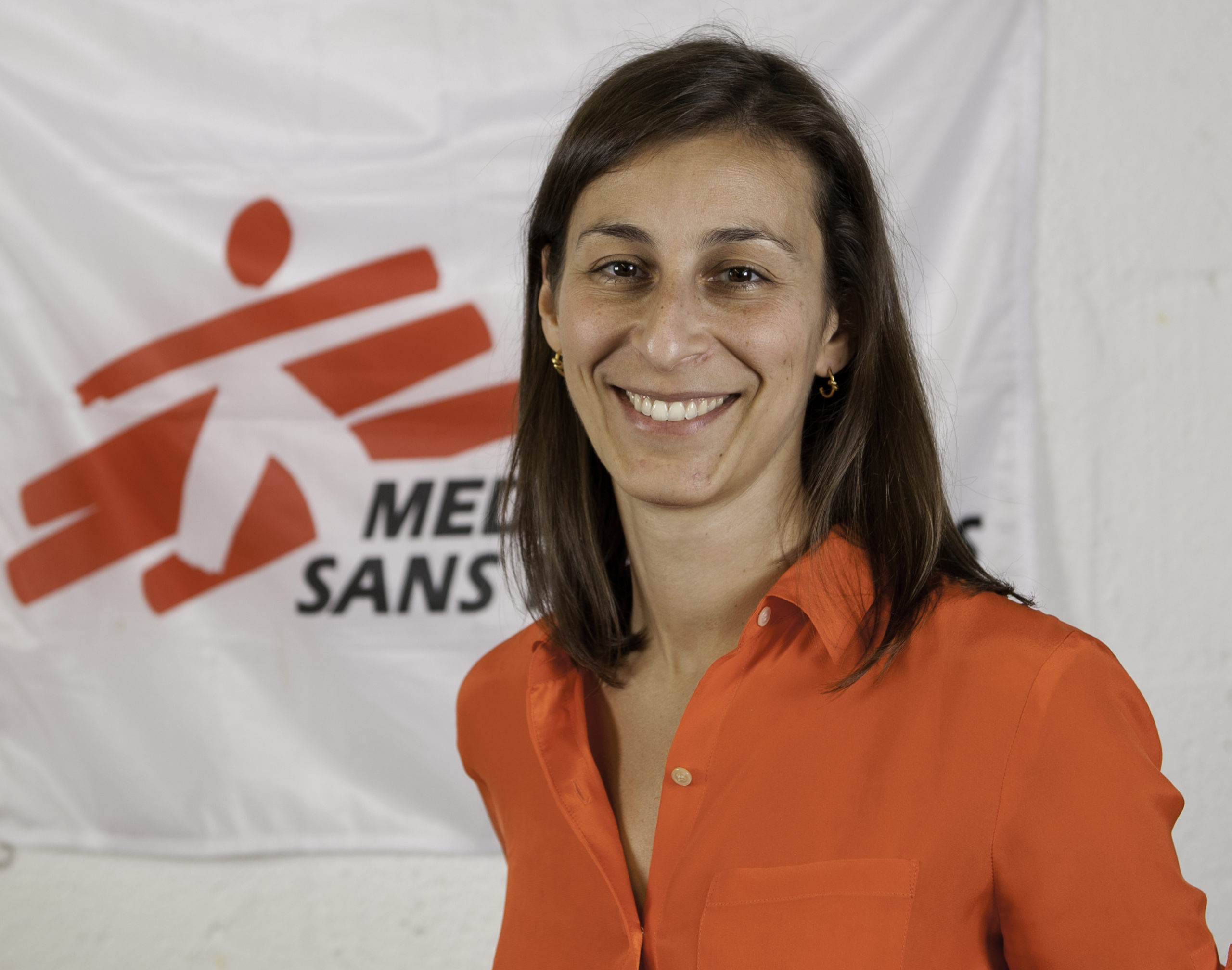 Every 39 seconds, a child dies from pneumonia—the leading infectious killer of children under the age of 5 worldwide, which claims more than 800 000 young lives each year. This week the first ever global conference on childhood pneumonia is taking place in Barcelona, aimed at mobilising countries and leading stakeholders to protect all of our children from this preventable disease. Leaders in global vaccination—Gavi, the Vaccine Alliance, World Health Organization (WHO), UNICEF, Bill & Melinda Gates Foundation—have a critical opportunity to set a course of action that could save many more children’s lives. But this opportunity could easily slip away if commitments aren’t made to do more with the money and resources at hand.
Every 39 seconds, a child dies from pneumonia—the leading infectious killer of children under the age of 5 worldwide, which claims more than 800 000 young lives each year. This week the first ever global conference on childhood pneumonia is taking place in Barcelona, aimed at mobilising countries and leading stakeholders to protect all of our children from this preventable disease. Leaders in global vaccination—Gavi, the Vaccine Alliance, World Health Organization (WHO), UNICEF, Bill & Melinda Gates Foundation—have a critical opportunity to set a course of action that could save many more children’s lives. But this opportunity could easily slip away if commitments aren’t made to do more with the money and resources at hand.
Children can be protected against pneumonia using the pneumococcal conjugate vaccine (PCV). However, about 55 million children worldwide live in places where PCV is not available in their country’s national immunisation schedule, largely because of its high price.
Two PCVs—Pfizer’s Prevnar13 and GSK’s Synflorix—have long held a duopoly on public and private markets, with MSF’s Access Campaign calculating that the companies have generated about US$50 billion in sales since 2009 based on their revenue reports. The lowest global price for these PCV products is offered to Gavi at US$8.70 per child, but is restricted to the immunisation programmes of the poorest countries. Thanks to Gavi’s support, these countries have paradoxically been able to introduce PCV earlier than the majority of “middle income” countries, where the cost of this lifesaving vaccine ranges widely from around US$49 to US$245 per child. MSF’s analysis of global vaccine data has determined that in 2018, 90% of Gavi financed countries had introduced PCV compared with only 52% of middle income countries (which receive no Gavi funding).
The need for middle income countries to finance and negotiate PCV prices themselves has had a chilling effect on the vaccine’s availability, leaving millions of at-risk children unprotected in their critical first years of life. The task of negotiating prices is made even more difficult since pricing information is often confidential and national health ministries are kept in the dark on what other countries are paying for PCV.
However, a third, much more affordable PCV called Pneumosil has now hit the market and is poised to introduce competition. Last month, WHO quality assured this vaccine, which is manufactured by one of India’s largest vaccine manufacturers and suppliers, the Serum Institute of India. This is the first PCV produced by a manufacturer based in a developing country.
Serum Institute has stated that they plan to sell the vaccine at about US$6 per child to Gavi and to the poorest countries, and at US$11 or less to middle income countries. This pricing is about 30% lower than Pfizer’s and GSK’s lowest price to Gavi. For non-Gavi middle income countries, the new PCV would be 5-25-fold cheaper than PCV from Pfizer and GSK. If taken up by national immunisation programmes, this could boost access to PCV for millions more children.
To do so will require the health ministries of middle income countries, along with Gavi, WHO, UNICEF, and the Gates Foundation, to step up and help overcome the regulatory, logistical, and political barriers to introducing a new PCV—especially in places where it has yet to be introduced because of its high price. Now that a more affordable vaccine is finally available, these stakeholders must play their crucial parts to ensure that every country can start protecting all its children against pneumonia.
Roughly one third of the countries that have received funding from Gavi are now in the process of transitioning off of Gavi financial and technical assistance. As they lose eligibility for Gavi grants and are increasingly expected to become financially self-sufficient, ready or not, their vaccine bills will rapidly multiply. This raises major concerns about the future financial sustainability of procuring vaccines that were introduced into national immunisation programmes through Gavi support.
At this week’s global conference on childhood pneumonia, all the major stakeholders and concerned countries will be gathered to “agree practical pathways that governments and their partners can take” and “deliver concrete measures with the potential to save hundreds of thousands of children’s lives.” Such paths and measures must prioritise prevention of pneumonia through vaccination, and how to reach the remaining 40% or more of the world’s children without access to PCV today. They should also consider affordable access to future PCVs currently in the development pipeline.
As Gavi turns 20 this year, and revs up for a new round of replenishment funding in June, what better way to celebrate their birthday than to support broader access to a much more affordable new lifesaving vaccine, which can help ensure that many more children can celebrate their next birthday, too?
Kate Elder is the senior vaccines policy adviser for the MSF Access Campaign.
Competing interests: I have read and understood BMJ policy on declaration of interests and declare the following interests: None.
